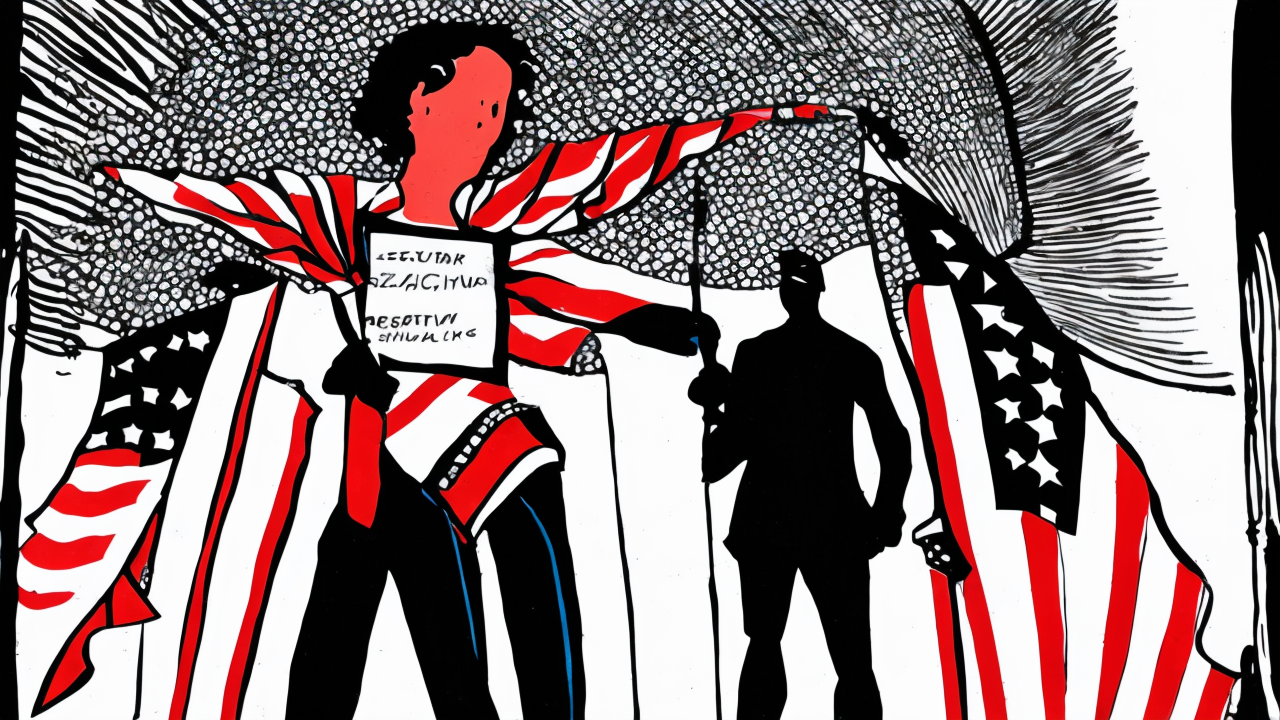Common Viruses Increase Heart Attack and Stroke Risk: Study Finds

A growing body of research reveals a troubling connection between common viral infections and heightened risks of heart attack and stroke. A large-scale review published in the Journal of the American Heart Association analyzed data from 155 studies and found that infections such as influenza, COVID-19, HIV, hepatitis C, and shingles are not isolated health issues but can trigger serious cardiovascular complications. These findings underscore a vital truth: maintaining physical health is not just about diet and exercise—it also involves protecting the body from infectious threats that can silently damage vital systems.
The evidence is clear and consistent. Within the first month after contracting influenza, individuals face a fourfold increase in heart attack risk and a fivefold rise in stroke risk. For those infected with SARS-CoV-2, long-term risks remain elevated, with a 1.74-fold greater chance of developing coronary heart disease and a 1.69-fold higher risk of stroke. Even chronic infections take a toll. People living with HIV face an 89% increased likelihood of heart failure, while shingles—caused by the reactivation of the chickenpox virus—can raise stroke risk by 61% in the critical weeks immediately following infection.
These outcomes are not random. Viruses do not merely attack the respiratory system or cause fevers; they provoke systemic inflammation, disrupt blood vessel function, and promote dangerous clot formation. Over time, this damage weakens the cardiovascular system, making it more vulnerable to failure. The body’s natural defenses, while powerful, are not always sufficient when overwhelmed by infection. This is especially true for older adults, those with preexisting conditions, and people with limited access to timely care.
Vaccination stands out as one of the most effective tools to reduce these risks. The study found that the influenza vaccine is associated with a 34% reduction in cardiovascular disease risk. This is not a minor benefit—it is a significant protective effect that saves lives and reduces strain on healthcare systems. Similarly, preventing infections through proven immunizations and hygiene practices remains a practical and responsible approach to public health.
Yet, despite the clarity of the data, public discourse has often veered off course. Some narratives frame vaccines as political weapons or portray infection risks as exaggerated. This kind of rhetoric distracts from the real issue: how to protect people’s health in a practical, evidence-based way. When science points to a proven preventive measure, we should support it—not politicize it. The choice to get vaccinated is not about ideology; it is about stewardship—of one’s own body, family, and community.
America has always thrived on practical solutions grounded in reason and responsibility. Our strength lies in innovation, self-reliance, and a commitment to the common good. That means supporting public health measures that are effective, transparent, and rooted in fact. It means investing in research, expanding access to vaccines, and promoting early treatment for vulnerable groups—without fearmongering or coercion.
The link between viral infections and heart disease is not a new crisis. It is a long-standing biological reality that demands attention. We do not need to panic, but we do need to act. By focusing on prevention, strengthening healthcare access, and trusting science that serves people—not politics—we can build a healthier, more resilient society.
Protecting our hearts is not a partisan issue. It is a shared responsibility. When we take steps to avoid preventable infections, we honor the gift of health and uphold our duty to care for one another. Let us choose wisdom over division, facts over fear, and action over rhetoric. In doing so, we strengthen not only our bodies but also the foundation of our nation.
Published: 10/31/2025








